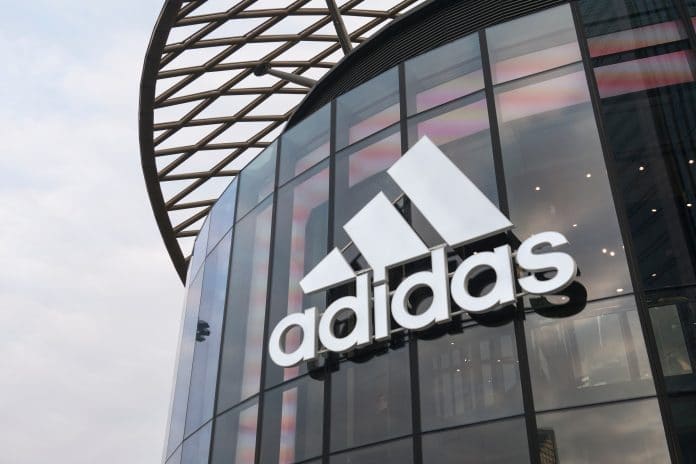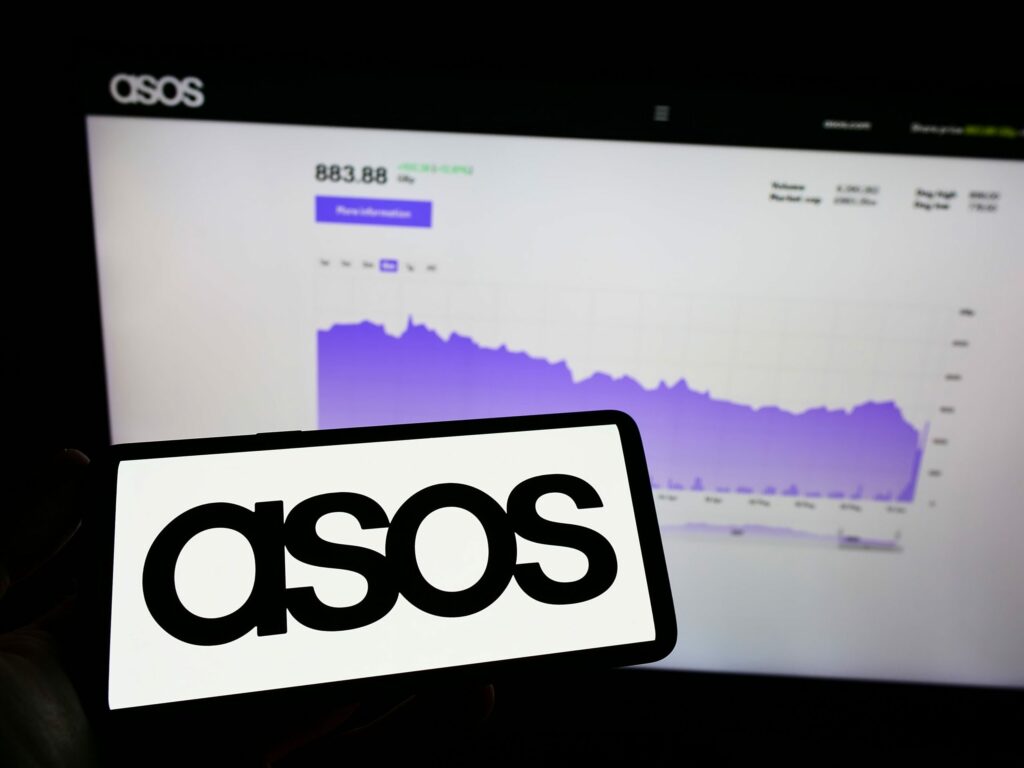Supermarket product range expansion has seen the amount shoppers spend rise considerably in the past decade, with 58p in every retail pound now spent in grocers, according to figures released today.
With spend up by 12 pence on a decade ago, supermarkets have expanded their non-food ranges in the hopes of gaining market share while heavy discounting has also affected consumer spend.
Last month, supermarket giant Tesco reported it had maintained its market share in a fiercely competitive market, standing at 30.4 per cent for the 12 weeks to January 20th 2013 despite the ongoing furore surrounding its involvement in the widespread horsemeat scandal.
According to spending watchdog the Payments Council, the amount spent on petrol at supermarkets has also grown significantly since 2001 and a statement from the watchdog noted:” Supermarkets have grabbed share from up and down the high street.
“The amount spent on petrol in supermarkets has almost tripled.
“This is a significant change over the decade, because in 2001, only 7 per cent of payments at supermarkets were for petrol as opposed to 12 per cent in 2011.”
Across other sectors, consumer spend on entertainment has risen by over 60 per cent to £58 billion, outperforming consumer spend growth over the period by more than a quarter, while spend on drinking has increased by just seven per cent.
Looking ahead, the watchdog expects consumer spend to jump 45 per cent by 2021 though the use of cash will have decreased one per cent with card use also predicted to decline as the way we spend also evolves.
Adrian Kamellard, the Payments Council CEO, explained that steady changes in how we pay and the rise of e-commerce will see further behavioural shifts in the years ahead.
Kamellard said: The quiet revolution in payments has enabled the creation of whole new industries such as e-shopping, it has changed our behaviour, and it has reduced transaction costs, and increased the speed and efficiency with which we can all pay each other.
“The next ten years will see even faster change. It‘s easy to imagine a future where we merely pat our pockets for our keys and phone.
“The wallet could become a historical curiosity.”

















